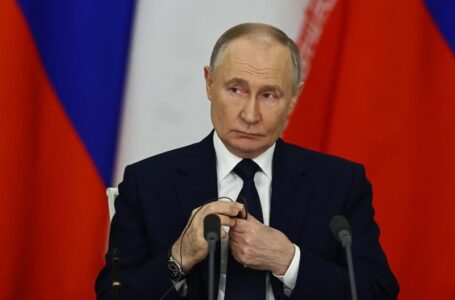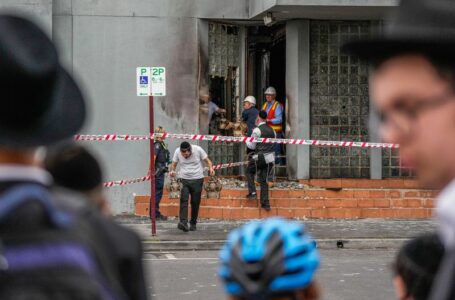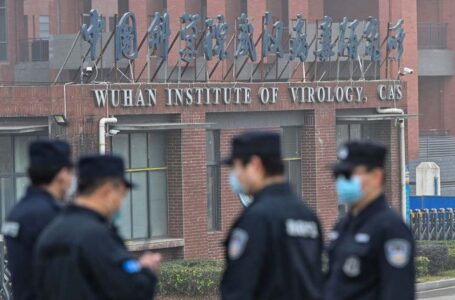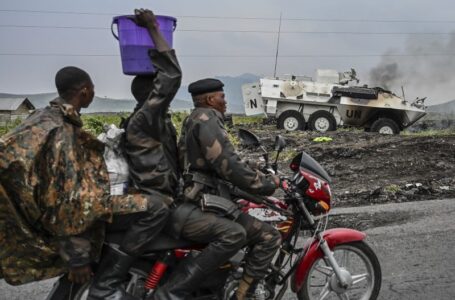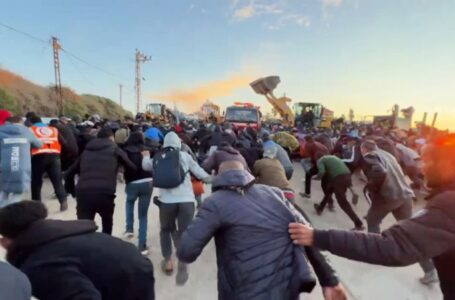Taiwan’s divided politics undermine defense resolve as Trump returns
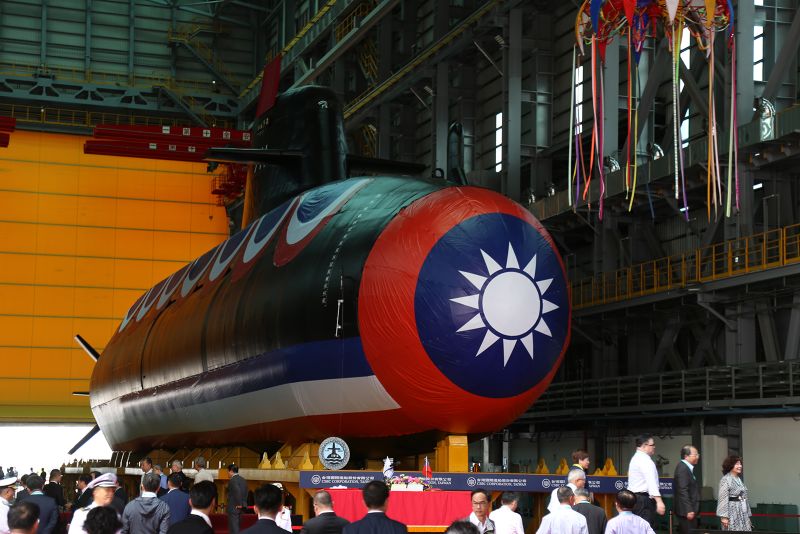

Hours after Donald Trump’s chilly inauguration in Washington, Taiwan’s parliament voted to freeze billions of dollars in defense spending, in a move some worry could frustrate the famously transactional president, who has already demanded Taipei pay “more” for US protection.
The US is the main ally and arms supplier of Taiwan, a democratically ruled island and semiconductor powerhouse, which China’s Communist Party views as part of its territory –despite never having controlled it – and has vowed to take one day, by force if necessary.
The opposition-led vote to freeze defense spending highlights the domestic challenges facing Taiwan President Lai Ching-te even as China ramps up its diplomatic and military efforts to isolate and intimidate the island.
Lai’s party lacks a majority in Taiwan’s rough and tumble parliament, throwing doubt on his ability to pass legislation that will shore up US support – and the approval of a mercurial commander in chief in the White House.
“If there is not enough budget to consistently improve Taiwan’s defense reforms and capabilities, the international community will doubt Taiwan’s determination to defend ourselves,” Lai said Tuesday in a Facebook post.
Lai’s administration also slammed the opposition-backed budget freeze, which covers locally designed submarines and an indigenous drone program.
The move was “suicidal,” Taiwan Premier Cho Jung-tai told reporters on Thursday, while Defense Minister Wellington Koo said it sent “the wrong signal to the United States.”
Navigating Trump 2.0
Trump’s return to power – and his “America First” agenda – has created some anxiety in Taiwan about Washington’s commitment to the island in the event of a Chinese invasion.
For decades, the US has maintained a close security partnership with Taipei, despite lacking formal diplomatic relations. Under the Taiwan Relations Act, the US is legally obligated to provide Taiwan with the means to defend itself. However, Washington has remained deliberately vague on how it would respond to an invasion – a policy known as “strategic ambiguity.”
Last year, US intelligence assessments suggested that Chinese leader Xi Jinping had ordered his military to be ready for an invasion by 2027, though assessments stressed that doesn’t mean an invasion will occur in 2027.
Days before Trump took office, Taiwan’s defense ministry made a rare acknowledgement that Washington had signed a two-year agreement to train Taiwanese soldiers at a naval base on the island. While Taiwan has previously confirmed the presence of US military trainers, it was unusual for the military to release details of such exchanges.
But Trump has been a less vocal supporter of Taiwan than his predecessor Joe Biden. Last year, he wrongly accused Taiwan of stealing “almost 100%” of America’s semiconductor industry. He also indicated that Taiwan should pay more for US protection, while suggesting the US would have difficulty defending the island because of its distance.
“I hope that Taiwan’s legislature doesn’t embarrass itself and lose face to foreign countries,” said Wang Cheng-yi, a postgraduate student at National Taiwan University. “This might make people feel that while Taiwan is good at certain things, politically it is quite unstable.”
For Ms. Hsu, a 75-year-old Taipei resident who only gave her surname, the key to fostering political unity is simple.
“Everybody should sit down and talk,” she said. “Taiwan must balance relations with both the US and China. We are small. We cannot afford to make either big brother unhappy. It’s a delicate situation.”
Military readiness
While Taipei is heavily armed with US weaponry, it is significantly outmatched by Beijing, which has the world’s largest standing army and spends about 11 times more on defense than Taiwan.
There are also concerns among defense experts about the effectiveness of Taiwan’s reservist training and the military’s slow progress in transitioning to asymmetric warfare – a strategy that focuses on smaller, harder-to-detect weapons like drones and portable missiles. While Taipei has accelerated military reforms in recent years, some observers – including the Council on Foreign Affairs – say it needs to do far more.
And it’s not just Taiwan’s military facing budget challenges.
Earlier this week, undersea cables connecting Taiwan to the outlying Matsu islands were severed due to “natural deterioration,” according to the island’s digital affairs ministry. The islands – controlled by Taipei but located just a few miles off the Chinese coast – previously experienced internet outages after the same cables were damaged in 2023.
The ministry warned that new budget cuts – which covered everything from health care to foreign affairs – would undermine its ability to repair critical infrastructure, highlighting concerns about vulnerabilities that could be exploited by Beijing.
Alexander Huang, head of international affairs for the main opposition Kuomintang party, defended the freeze on defense spending and questioned the effectiveness of investing heavily in a submarine program before the first vessel had even completed sea trials.
But Wei-Ting Yen, an assistant research fellow at Taiwan’s Academia Sinica, said it was “extra bad” that Taiwan’s domestic political bickering had hindered the island from presenting a united message to the Trump team that it was serious about its defense and worthy of continued American support.
“With or without Trump’s inauguration, with China’s increasing aggression over Taiwan, it is indeed Taiwan’s top priority to continue to increase its self-defense budget,” Yen said. “That’s definitely not a good signal.”
Yeh Hsin-wei, a student in Taipei, said Taiwan’s vast semiconductor industry that supplies many of the chips powering the global AI revolution was a better deterrent against Beijing.


